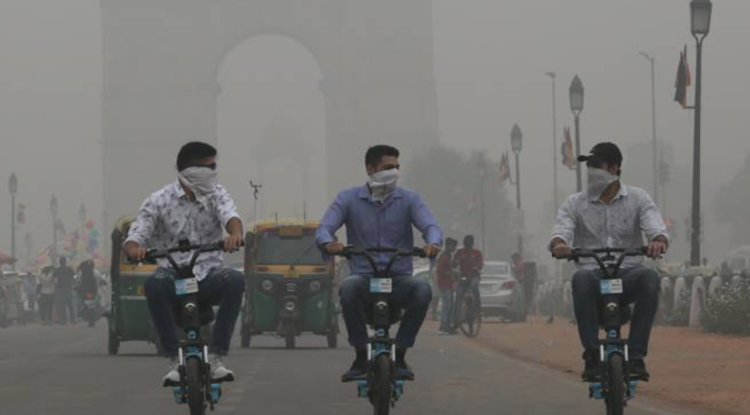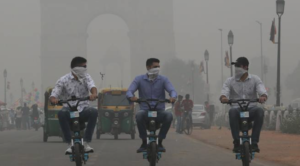
Governments should not miss this unprecedented window
 If the world can overcome COVID-19, we will have not only have succeeded in combatting a global pandemic, but we will also have the data and support necessary to continue the global transition to a green economy. Policy shifts will be a key challenge.
If the world can overcome COVID-19, we will have not only have succeeded in combatting a global pandemic, but we will also have the data and support necessary to continue the global transition to a green economy. Policy shifts will be a key challenge.
The impact of market shutdowns on lives and livelihoods has required most governments to vastly expand their role in their economies. Response packages worth trillions of dollars have and are still being deployed, critical regulations are being modified, and fundamental policy decisions are being made. More than in any other moment in post-World War II history, government action is likely to cause permanent structural shifts in national, regional and global economies.
COVID-19 will expose how, when and where the world can fast-forward to a new green economy without losing sight of the societal and technological challenges this will bring. At the same time, the regional risks map shows that the world’s business community is increasingly concerned with the future of the planet, even during a time in which when boosting production and creating jobs is a priority.
Governments should not miss this unprecedented window of opportunity to use their expanded capabilities and augmented power – combined with demonstrated business concern – to ensure a green recovery.
Yet, it is still worryingly unclear how – or whether – many governments will embed green policies into their recovery plans. Public finance constraints, electoral incentives and populist discourses risk reinforcing the flawed belief that there must be a trade-off between economic growth and climate action.
Meanwhile some governments have relaxed, suspended or rolled-back environmental protection regulations to boost industrial activity, and these policy decisions risk becoming permanent and incurring a severe setback for sustainability in the long-run. COVID-19 will expose how, when and where the world can fast-forward to a new nature economy without losing sight of the societal and technological challenges this will bring. At the same time, the regional risks map shows that the world’s business community is increasingly concerned with the future of the planet, even during a time in which when boosting production and creating jobs is a priority.
Governments should not miss this unprecedented window of opportunity to use their expanded capabilities and augmented power – combined with demonstrated business concern – to ensure a green recovery.
What do you think?